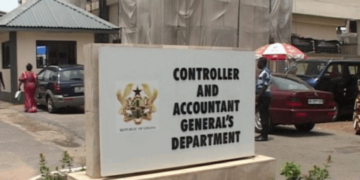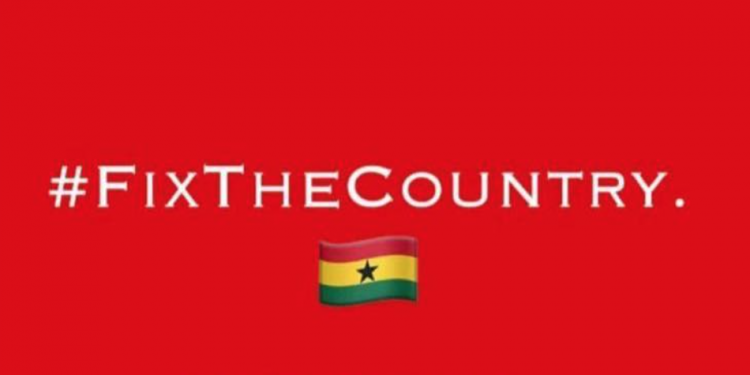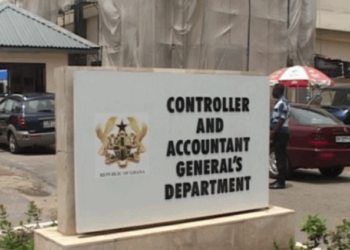Convenors of the FixTheCountry Movement will meet with police later today, Monday, November 22, ahead of their scheduled rally on Friday, November 26.
The demonstration is being held to highlight their dissatisfaction with the 2022 budget, namely the 1.75 percent e-levy imposed on electronic transactions.
After many unsuccessful protests, the organization planned a major march in August to highlight worries about the state of the economy.
Hardi Yakubu, one of the FixTheCountry organizers, told Citi News that they want the government to explain how past levies were used.
“We are mobilizing citizens to exercise their displeasure about the 2022 budget. We want to bring that displeasure to bear on the powers that be in our quest to prevent the government from compounding the frustration and suffering that the people of Ghana are already bearing.”
“Fuel prices have gone up 15 times this year and that has led to an increase in foods and basic goods. The 2022 budget instead of announcing measures to cushion Ghanaians rather introduces measures that will compound the problem and that is why it is necessary to highlight how this is objectionable by the people,” he said.
The presentation of the 2022 budget by Finance Minister Ken Ofori-Atta has been met with varied emotions, with the majority of Ghanaians bemoaning the implementation of a 1.75 percent tax on all digital financial transactions in particular.
“Electronic transactions covering, mobile money payments, bank transfers, merchant payments, and inward remittances will be charged at an applicable rate of 1.75 percent, which shall be borne by the sender, except inward remittances which will be borne by the recipient,” Ken Ofori Atta announced.
Ken Ofori-Atta expressed optimism that the idea will go into effect in February 2022.
Various parties, particularly those in the telecommunications industry, have expressed reservations about the legislation.
In response, the government is anticipated to consult with telecoms on the proposal.
Read Also: Blinken: US worried about dangers to democracy in Africa


























